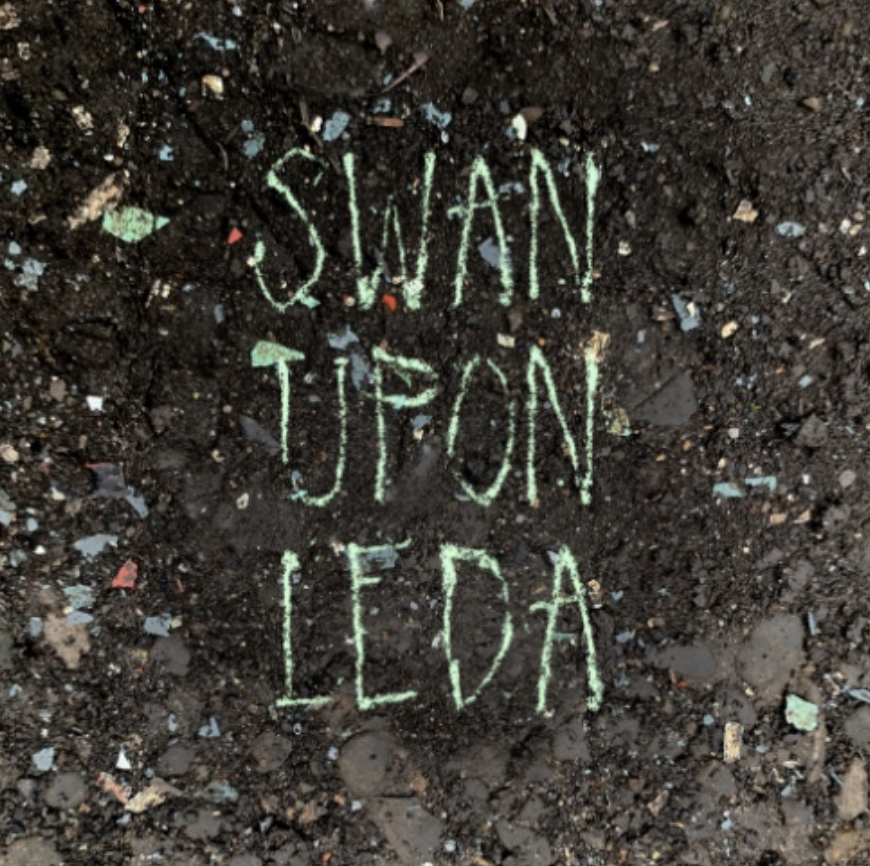Content Warning: mentions of xenophobia, rape, abortion, and forms of reproductive violence
In 2013, Irish singer-songwriter Hozier entered the mainstream with his goodbye-to-all-that first single about his frustrations with the hypocrisy of the Catholic Church. Set to a soulful mid-tempo, he sang about his religious devotion to his lover and the promise of a “deathless death” with the twisted sense of humor of someone who giggles at a funeral, at once unsettlingly honest and driven by the impulse to not only toy with convention but unravel it.
Whether it’s a protest song about protest songs (“Nina Cried Power”) or a critique of xenophobia that espouses love as a radical act (“Be”), his choice of art has a political dimension, and it’s his songs, that are as political as they are lyrical, that make his body of work so compelling.
On Oct. 7, 2022, Hozier released “Swan Upon Leda” – a brutally beautiful discussion of reproductive rights and the global patriarchy – from his upcoming third album “Unreal Unearth.” Though he wrote this song a year ago, he considered the timeliness of the song’s subject matter and decided to release it as the album’s lead single. “We were tracking it in studio when the news came through of Roe v. Wade being overturned. I felt there was an opportunity to show some solidarity,” Hozier explained in a series of Tweets on Oct. 3.
Hozier’s song title comes from the Greek myth of Leda and the Swan – a story where the god Zeus, in the form of a Swan, rapes Leda. However, while previous artistic renderings, such as Corregio’s oil painting or W. B. Yeat’s poem, tend to subtly romanticize this account of sexual violence, Hozier uses the injustices of Leda’s experience to plea for bodily autonomy.
His fury manifests in a restrained rage, and above soft guitar plucks, he tallies instances of reproductive violence: forced pregnancy (“A crying child pushes a child into the night”) and hindered or prohibited access to mifepristone and misoprostol via telemedicine or the mail (“A grandmother smuggling meds”). The images he conjures of barriers to reproductive care create a link between the Troubles in Northern Ireland and the present, where pregnant people or people seeking birth control or abortion pills may “weave through the checkpoints like a needle and thread” to avoid prosecution in their home state or country.
The song’s vision of current events, though grim, is not unrealistic. He notes the legislation passed to uphold patriarchal standards and “enact, at last, the perfect plan.” His vocals are bittersweet, and he seems to almost sigh when he sings about the violence of hegemonic masculinity – “One more sweet boy to be butchered by man.”
“Swan Upon Leda” longs for a world “where nature unmakes the boundary” imposed by patriarchal systems that persist despite continued attempts to dismantle it. But this moment of optimism is swiftly replaced with the crushing realization that patriarchal ideologies have a history and are not easily defeated, causing Hozier to conclude in the chorus, “The pillar of myth still stands.” Pulling from the song title’s dark roots, the lyrics connect sexual violence to the exploitation of land, invoking the injustice of corporeal and land occupation: “The Swan upon Leda/Occupier upon ancient land.”
Still, the song is not without beauty; from the beginning instrumentals, its beauty blooms in whispers. The lyrics chart the past and the present, the mythological and the political, and the politics themselves are elevated by an infusion of strings and synth. The vocal doubling creates a dreamy soundscape where Hozier’s voice is soft and distant, almost as if he is slowly consumed by the story he tells. He mentions angels as the song opens into a chorus of angelic sounds, and at times, you hear subtle fluttering in the distance, like a flock of birds taking flight.
The originality and sensitivity Hozier brings to his music are not without a necessary admission of debt. “Power has been cried by those stronger than me,” he reminds us in “Nina Cried Power,” and the sentiment still applies. Though “Swan Upon Leda” exists with an awareness of events such as the overturning of Roe v. Wade and the outpour of protests in Iran following the death of 22-year-old Mahsa Amini, the song sublimates itself to the news, illuminating without imposing.
“Swan Upon Leda” is a portrait of what the patriarchy shatters in its attempt to harness “the gateway to the world,” but it is also a timely gesture of solidarity designed to encourage continued conversation and action.




